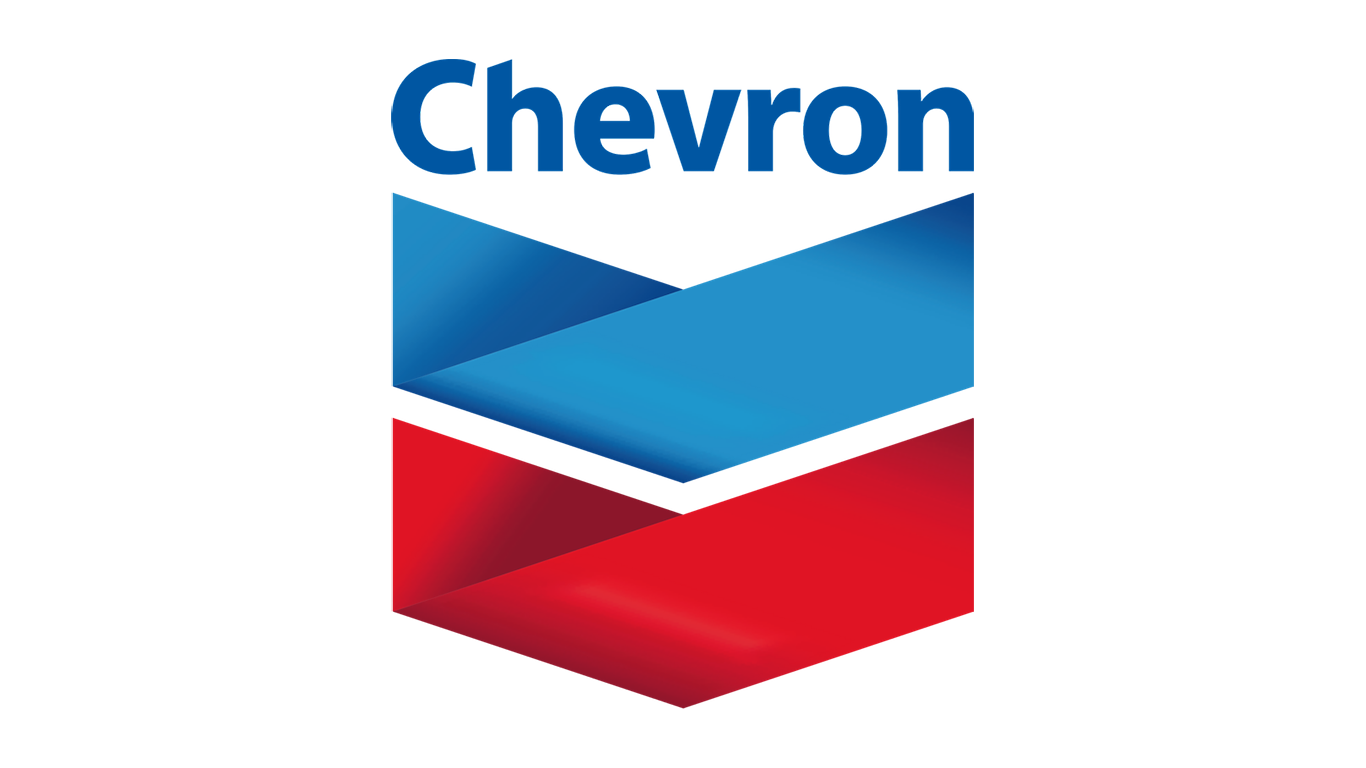
Chevron Corp. (NYSE: CVX) reported fourth-quarter results before markets opened Friday. For the quarter, the oil and gas supermajor posted a diluted loss per share of $3.51 on total revenues of $36.35 billion. In the same period a year ago, the company reported earnings per share (EPS) of $2.11 on total revenues of $42.1 billion. Fourth-quarter results also compare to the consensus estimates for EPS of $1.95 and $42.35 billion in revenues.
For the full year, Chevron reported EPS of $1.54 on revenues of $139.87 billion, compared with 2018 EPS of $7.74 on revenues of $158.9 billion. Analysts had estimated EPS of $6.27 and revenues of $149.95 billion.
In the latest quarter, Chevron took impairment charges and write-downs of $10.4 billion and recognized the sale of $1.2 billion in North Sea assets. For the year, profits were hammered by net charges of $8.7 billion.
Even adjusted for these items, Chevron’s profits would have been lower than a year ago for both the quarter and the year. To bolster investor enthusiasm, the company raised its quarterly dividend by $0.10 a share, but that was having little impact on investor sentiment Friday morning.
The net loss for the quarter totaled $6.6 billion, compared to net earnings of $3.73 billion in the year-ago quarter. The net loss in upstream operations totaled $7.47 billion, due primarily to impairment charges of $8.2 billion. In the fourth quarter of 2018, Chevron posted a profit of $964 million in its upstream division.
U.S. capital expenditures totaled $2.89 billion in the quarter and $10.43 billion for 2019, while international capex saw a quarterly total of $2.75 billion, along with annual spending of $9.63 billion. Worldwide capital spending totaled $20.99 billion for the year, roughly flat compared with 2018.
Net oil-equivalent production in the first quarter totaled 3.08 million barrels a day, essentially unchanged compared with the year-ago quarter. Net oil-equivalent production in the United States totaled 998,000 barrels a day, up by 140,000 barrels year over year. Average U.S. price realizations per barrel of oil dropped from $62.20 a year ago to $55.91.
Internationally, liquids prices fell from $59.11 a barrel a year ago to $56.52 a barrel and net oil-equivalent production fell by 145,000 barrels a day to 2.08 million barrels a day
CEO Michael Wirth focused on what good news he could find:
Cash flow from operations remained strong in 2019, allowing the company to deliver on all our financial priorities. We paid $9 billion in dividends, repurchased $4 billion of shares, funded our capital program and successfully captured several inorganic investment opportunities, all while reducing debt by more than $7 billion. … For the first time in the company’s history, annual production exceeded 3 million barrels per day of oil equivalent.
The earnings announcement did not include guidance, but consensus estimates for the first quarter of 2020 call for EPS of $1.66 on revenues of $38.09 billion. For the full year, EPS and revenues are estimated at $6.81 and $153.42 billion, respectively.
Chevron’s shares traded down about 2.5% shortly after the opening bell, at $108.65 in a 52-week range of $108.54 to $127.34. The low was posted this morning. The consensus 12-month price target was $135.83 before this morning’s report. Chevron’s dividend yield is around 4.31%.
Get Ready To Retire (Sponsored)
Start by taking a quick retirement quiz from SmartAsset that will match you with up to 3 financial advisors that serve your area and beyond in 5 minutes, or less.
Each advisor has been vetted by SmartAsset and is held to a fiduciary standard to act in your best interests.
Here’s how it works:
1. Answer SmartAsset advisor match quiz
2. Review your pre-screened matches at your leisure. Check out the advisors’ profiles.
3. Speak with advisors at no cost to you. Have an introductory call on the phone or introduction in person and choose whom to work with in the future
Thank you for reading! Have some feedback for us?
Contact the 24/7 Wall St. editorial team.




